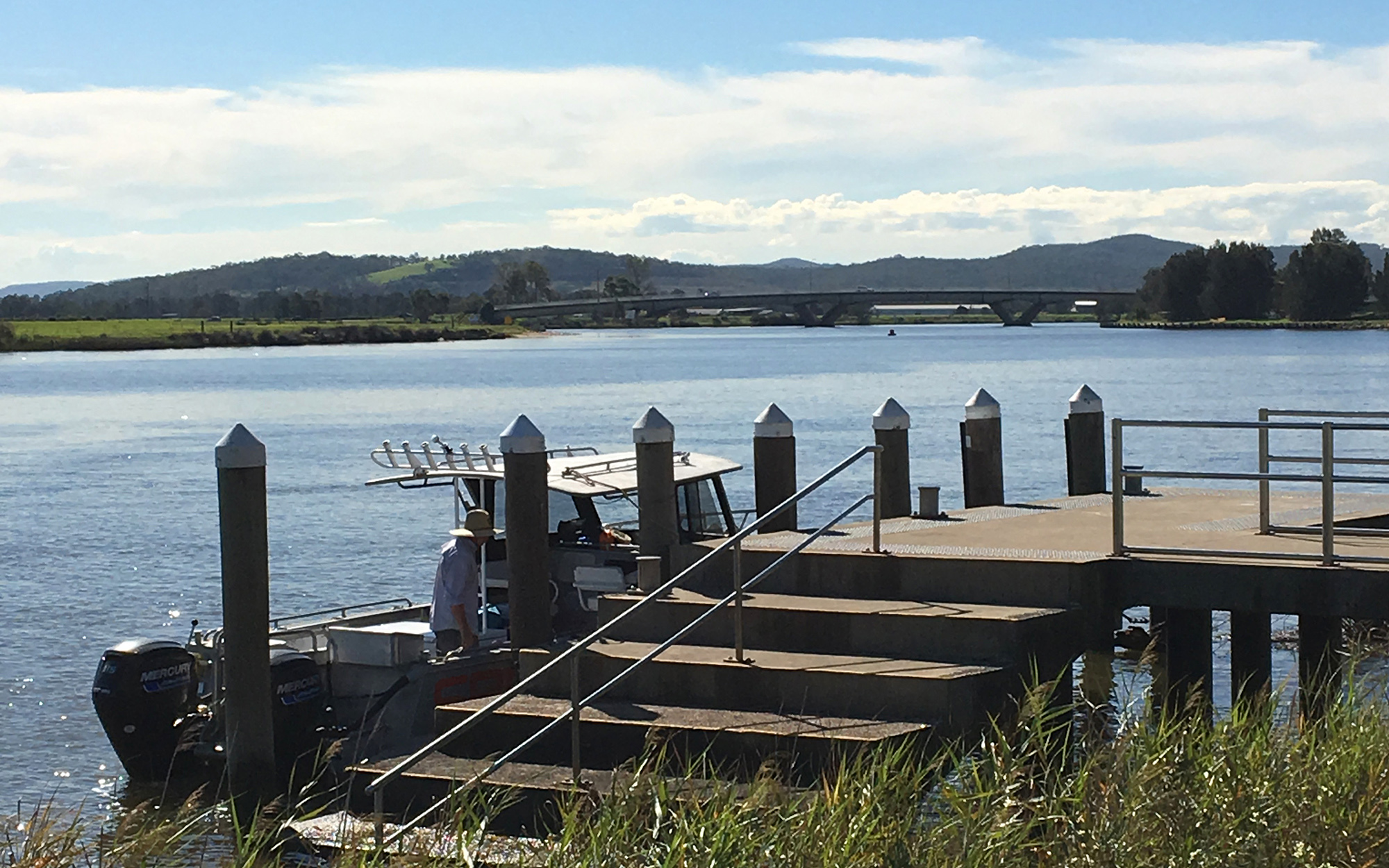The panel
The Independent Water Advisory Panel provides independent expert advice to the department on urban water management issues to support the achievement of water security and resilience outcomes through long-term strategic planning for water management with a focus on emerging risks, challenges and opportunities for the urban water sector.
The NSW Government has developed a long-term strategic framework for water management to improve the security, reliability and quality of the state’s water resources. This framework is implemented though a suite of strategies:
A 20-year state-wide strategy to improve the security of our water resources.
In a first for NSW, we have developed a long-term strategy to better protect and share the state’s vital groundwater resources.
The Aboriginal Water Strategy developed with Aboriginal communities will ensure access to water resources for Aboriginal people.
A whole of government approach for the Lower Hunter for now and future generations
The NSW Government's Greater Sydney Water Strategy outlines a plan for sustainable and resilient water services for the next 20-40 years.
Sustainable and integrated water resource management for the benefit of present and future generations.
Urban water security objectives and actions are identified in all strategies, setting out a range of demand and supply response measures to respond to climate variability and change and population growth.
Panel members use their broad understanding of urban water management issues and expertise to strengthen the department’s work to support water strategy implementation.
Members of the panel
Professor Robert Skinner AM
Rob Skinner is Professorial Fellow at the Monash Sustainable Development Institute at Monash University and Deputy Chair of the CRC for Water Sensitive Cities. He is also the Chair of WaterAid Australia, a Director of Yarra Valley Water and Director the International Centre of Excellence for Water Resources Management.
He is convenor of the Chairs of the Victorian Integrated Water Management Forums for the Victorian Department of Environment, Land, Water and Planning.
Rob was Managing Director of Melbourne Water for six years until 2011. Prior to that he was the CEO of the Kingston Council, a large municipality in Melbourne.
Dr Peter Davies
Dr Peter Davies is an Associate Professor of environmental planning and policy at Macquarie University with a PhD in urban water management. Prior to his academic career in 2012, Peter worked in state and local government and consultancy for 20 years where he held a number of senior roles within local government and in state government water, environmental protection, and energy agencies. He has published over 70 peer reviewed articles, book chapters, and industry reports that have focused on interdisciplinary studies to support a transition to more sustainable cities and regions. Peter is a member of several government environmental and sustainability advisory committees and is an executive member of the Macquarie University Smart Green Cities Research Centre and the Centre for Environmental Law.
Professor Ana Deletic
Professor Ana Deletic is Executive Dean of the Faculty of Engineering at Queensland University of Technology, Brisbane Queensland. Until February 2021 Ana was the Pro Vice-Chancellor (Research) at the University of New South Wales, Sydney. Prior to that, until mid-2017, Ana was Associate Dean of Research Engineering Faculty and the Founding Director of Monash Infrastructure research institute at Monash University. Ana is an urban water researcher, focusing on stormwater management and socio-technical modelling. She led the development of a number of green nature-based water treatment systems which are now widely adopted in Australia and abroad. Ana is an Honorary Fellow of Engineers Australia, a Fellow of Australian Academy of Technological Sciences and Engineering, and Editor of Water Research. In 2012, the Victorian State Government awarded Ana the Victoria Prize for Science and Innovation (Physical Sciences) for her lifelong achievements in stormwater research.
Dr Stuart Khan
Stuart Khan is a Professor in the School of Civil & Environmental Engineering, University of New South Wales, Sydney Australia. He has published over 170 peer reviewed journal articles on issues relating to the management and safety of drinking water, wastewater and recycled water. Stuart teaches undergraduate and postgraduate engineering students at UNSW. He has supervised over 15 PhD students and over 30 Masters research projects. Stuart is a member of the Water Quality Advisory Committee to the Australian National Health and Medical Research Council. In this role, he has made significant contributions to many Australian water quality guidelines, particularly the Australian Drinking Water Guidelines and the Australian Guidelines for Water Recycling. He is also a member of the National Water Grid Advisory Body and in this role, he provides advice on Commonwealth Government investments in national water infrastructure priorities.
Associate Professor Susan Petterson
Dr Susan Petterson is the Director of Water & Health Pty Ltd and is an academic title holder in the School of Medicine at Griffith University. Susan is based in Sydney and has worked in the Australian water industry for more than 20 years. Her expertise lies in the interpretation of microbial datasets and integration of human health related microbiology with modelling of environmental systems. She is an international expert in microbial risk assessment and was the lead author of the World Health Organization’s guidance document for undertaking QMRA in the water-related context. Susan serves on the National Health and Medical Research Council Water Quality Advisory Committees for drinking water quality and recreational water quality and is a member of the Technical Assistance Committee for the environmental surveillance of SARS-CoV-2 for PATH. Susan is passionate about ensuring that the best possible scientific evidence is interpreted with accuracy and integrity to support practical management of environmental health risks for the protection of public health.
